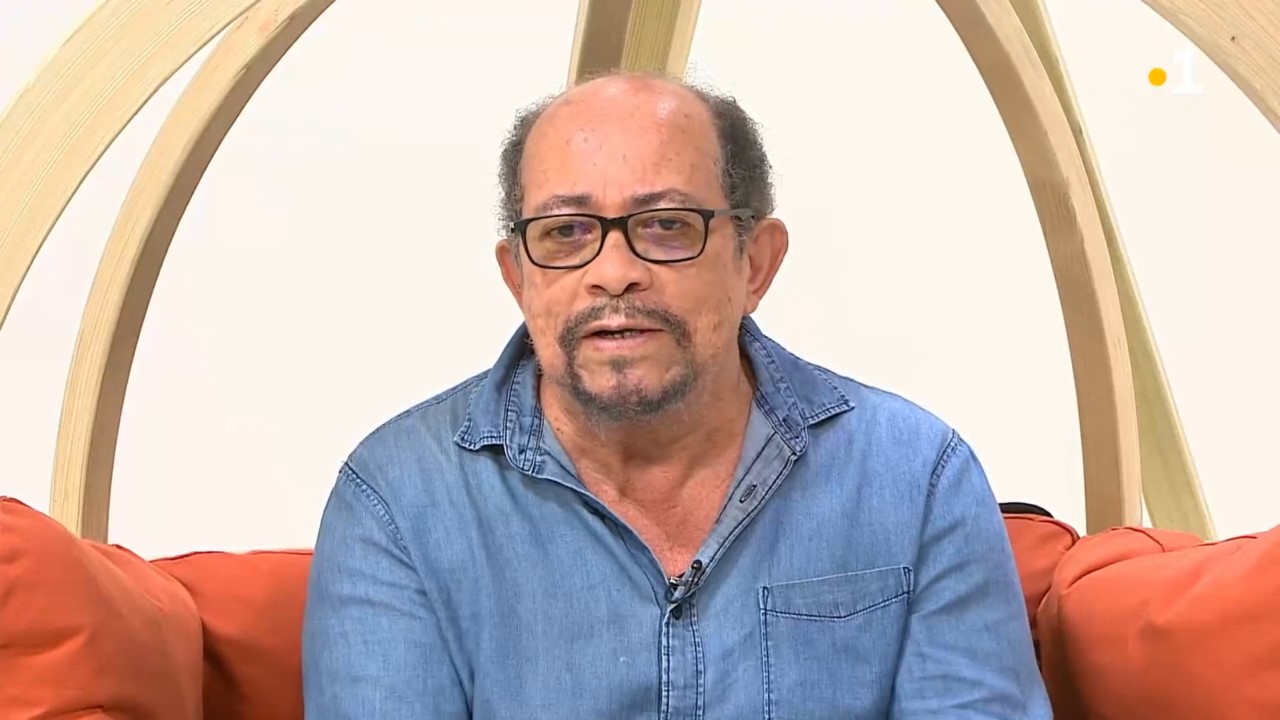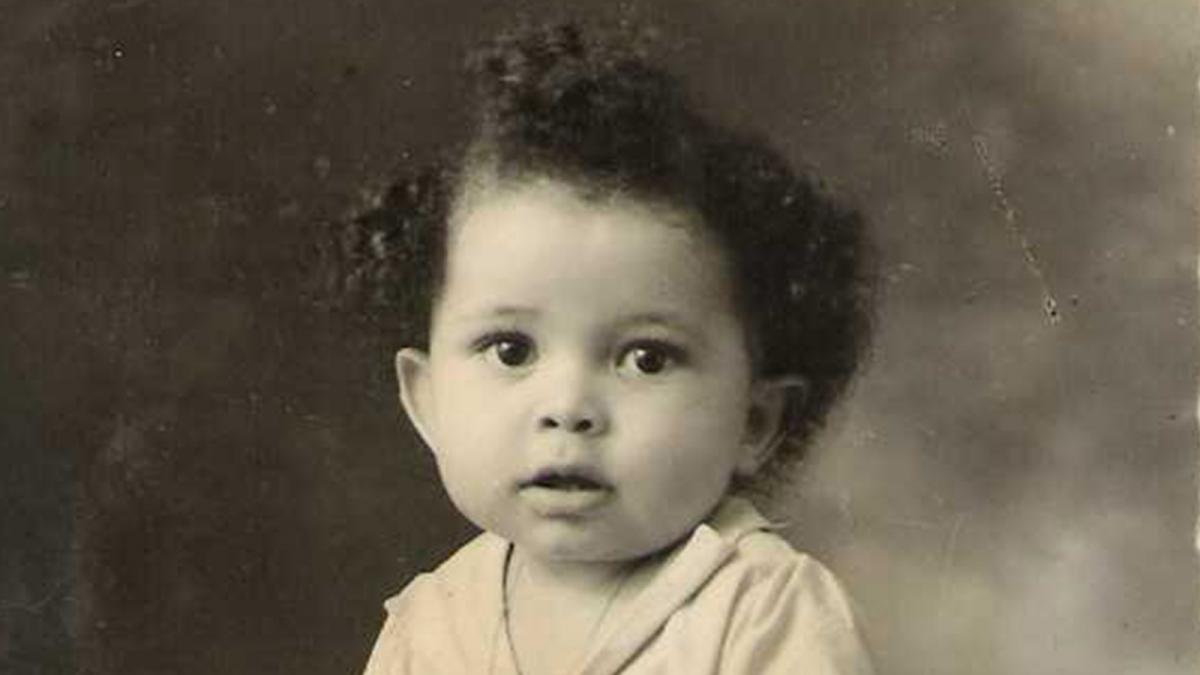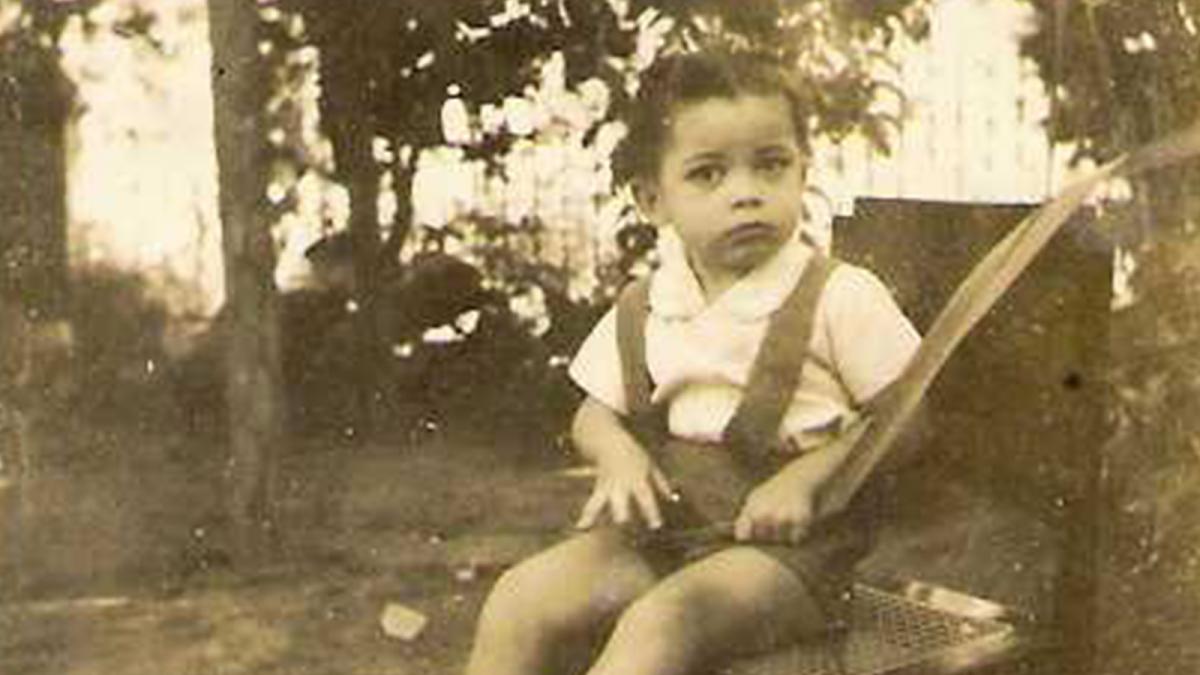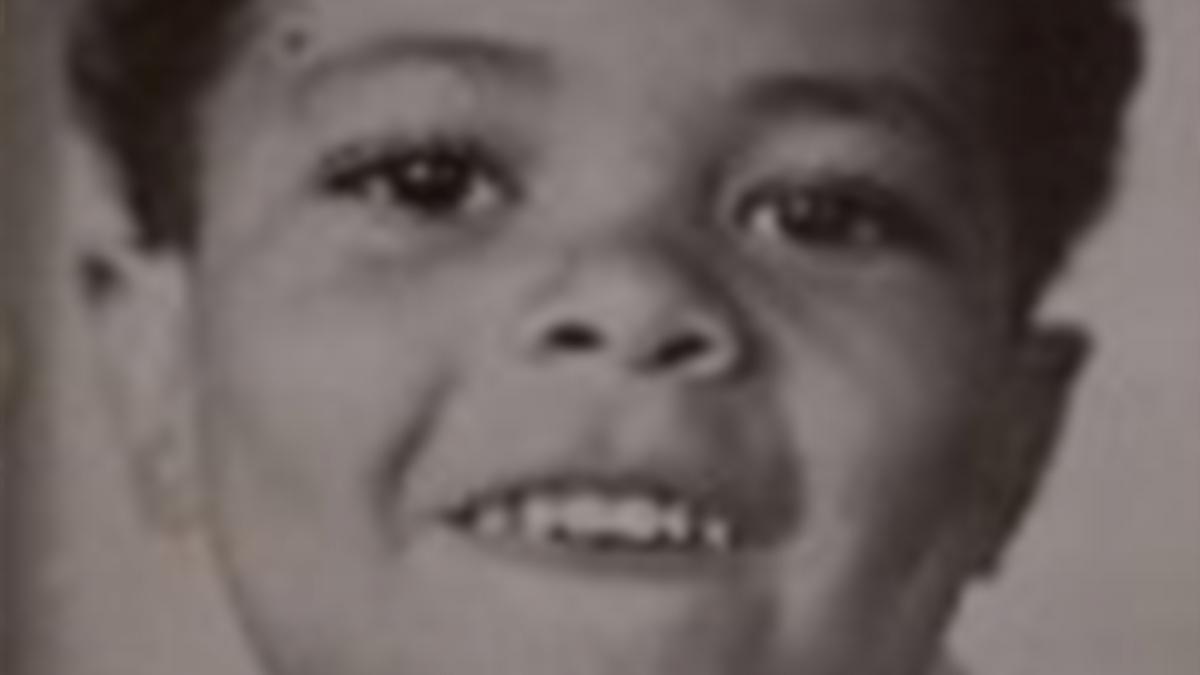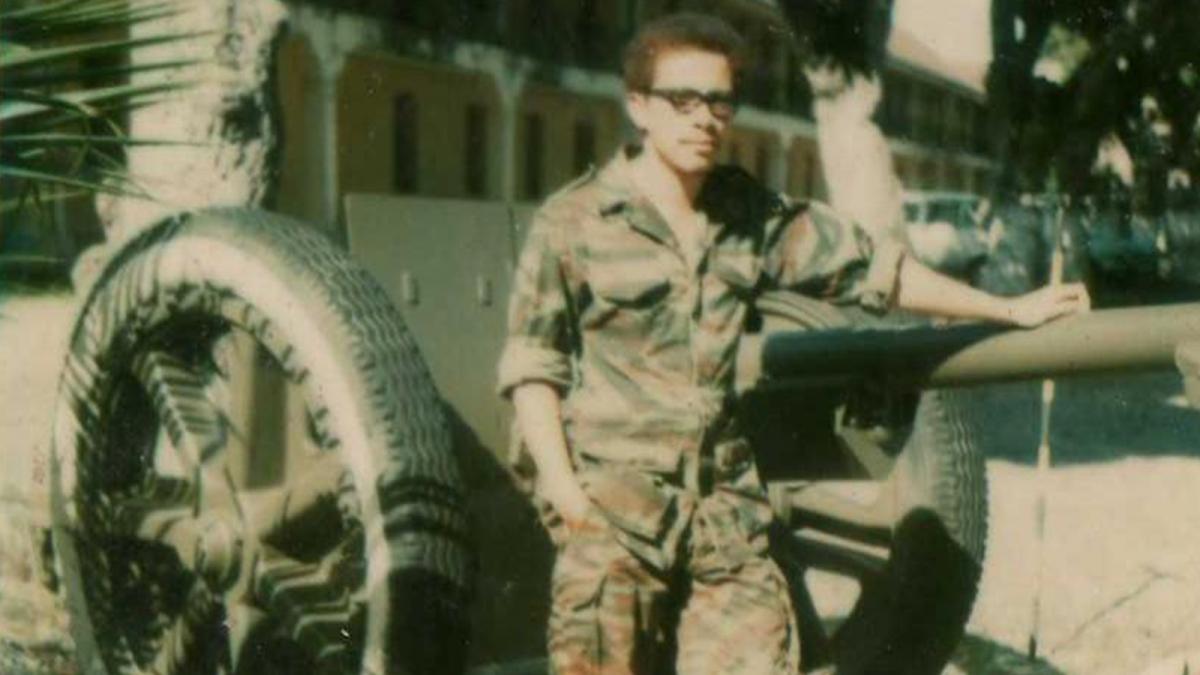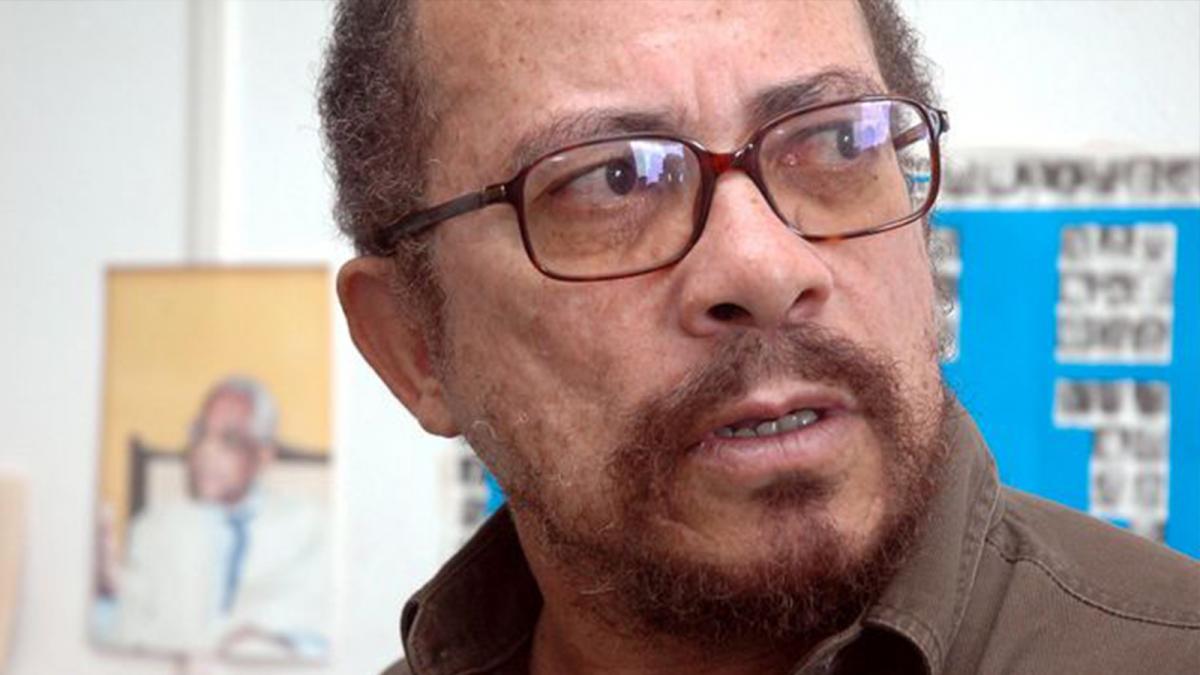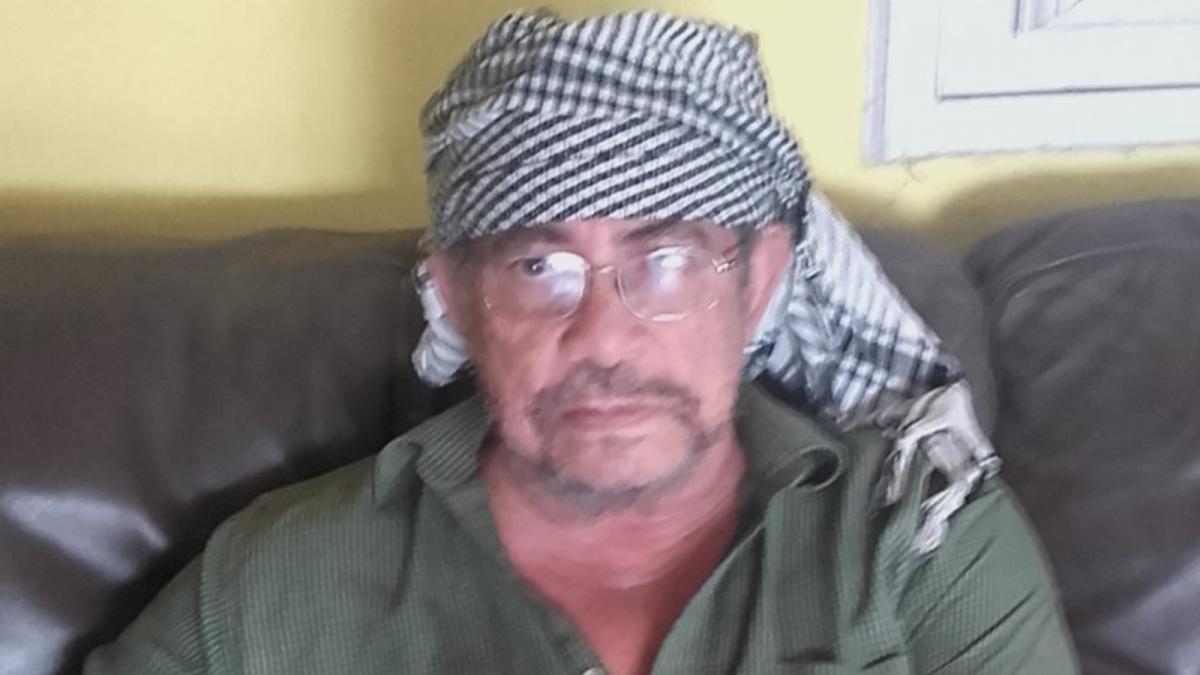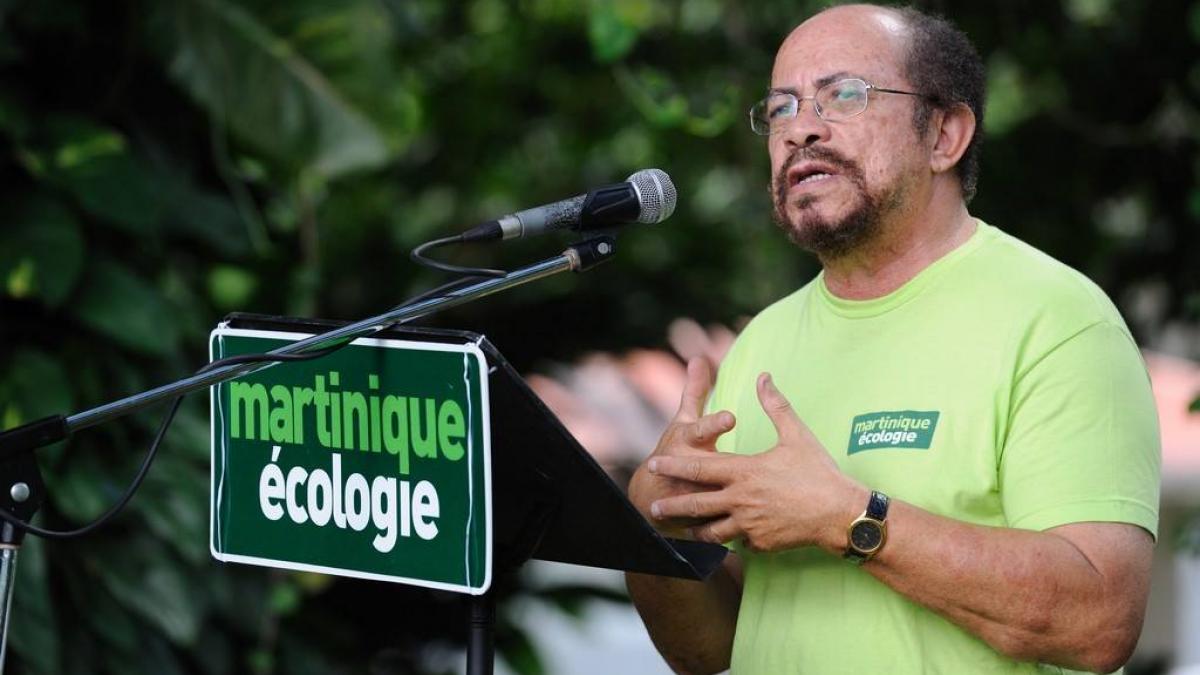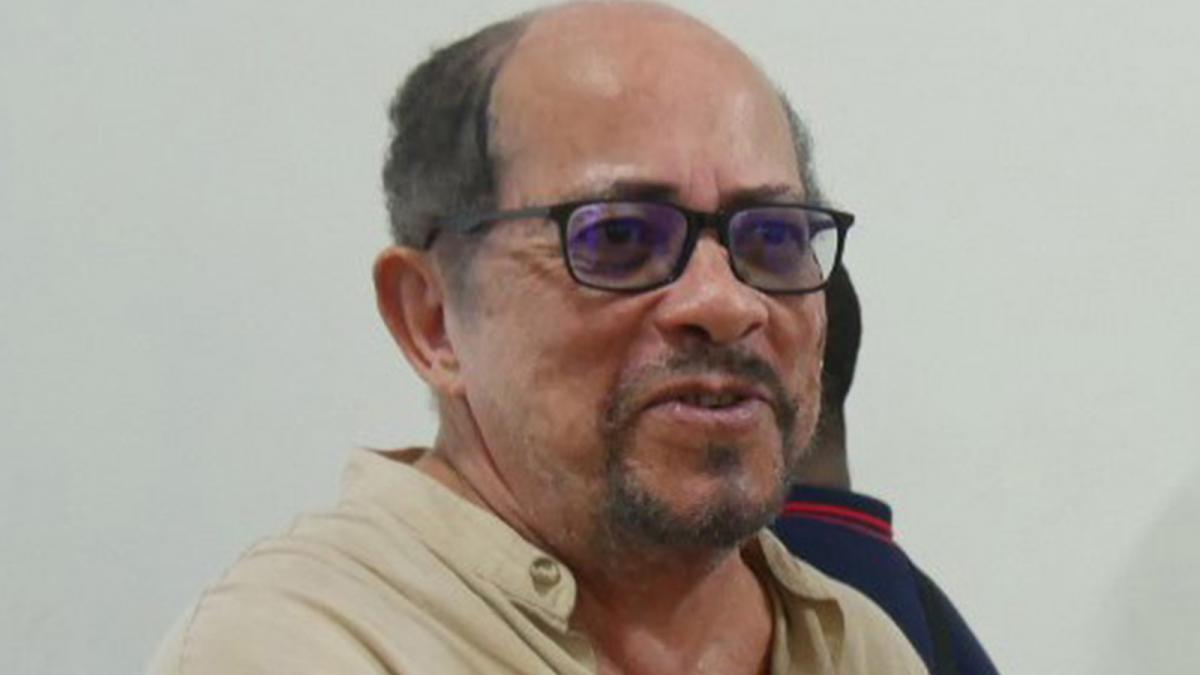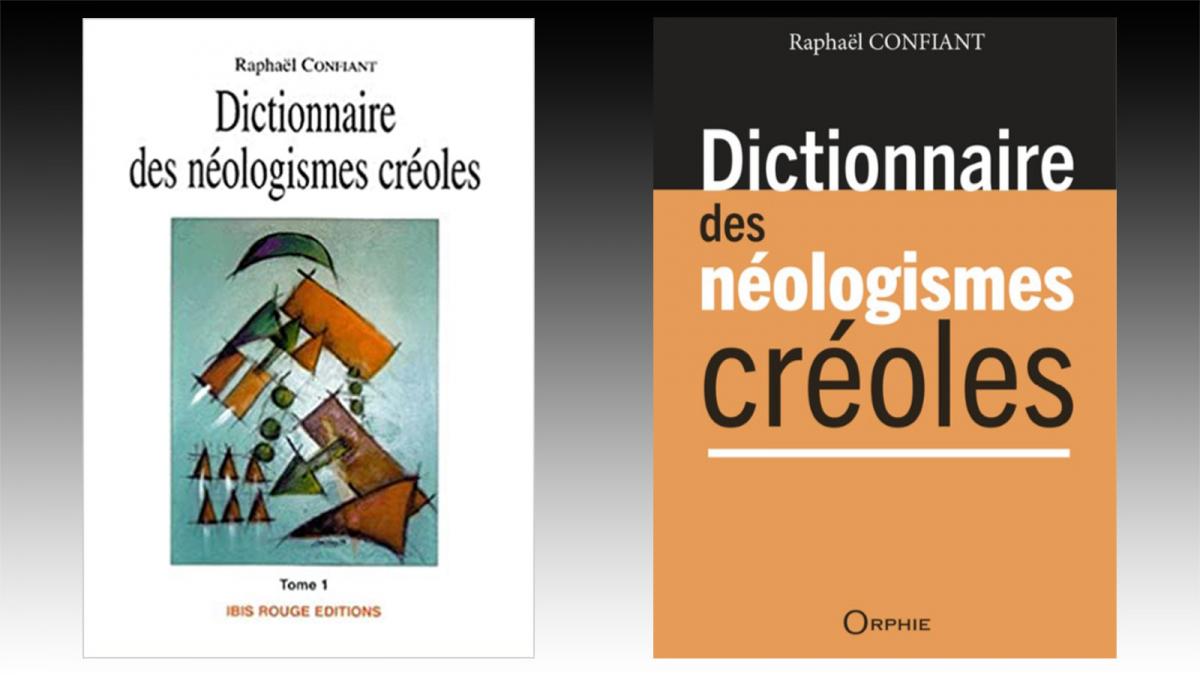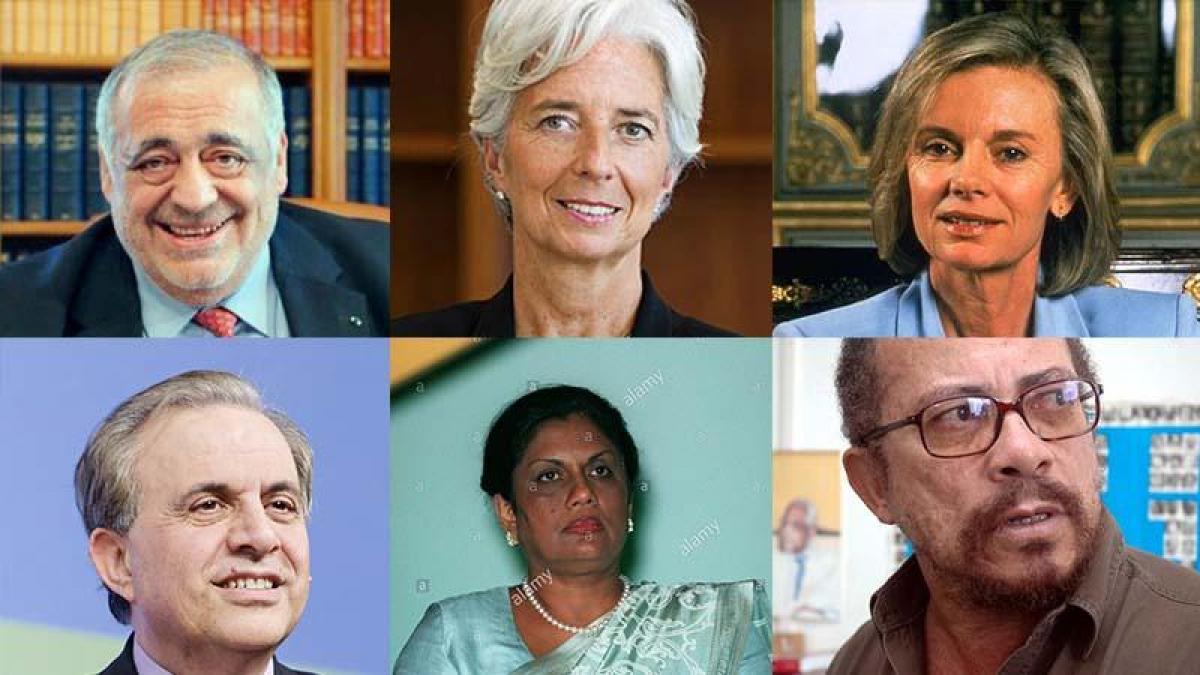Decolonizing futures
Dialogues across the Francophone and Anglophone Caribbean
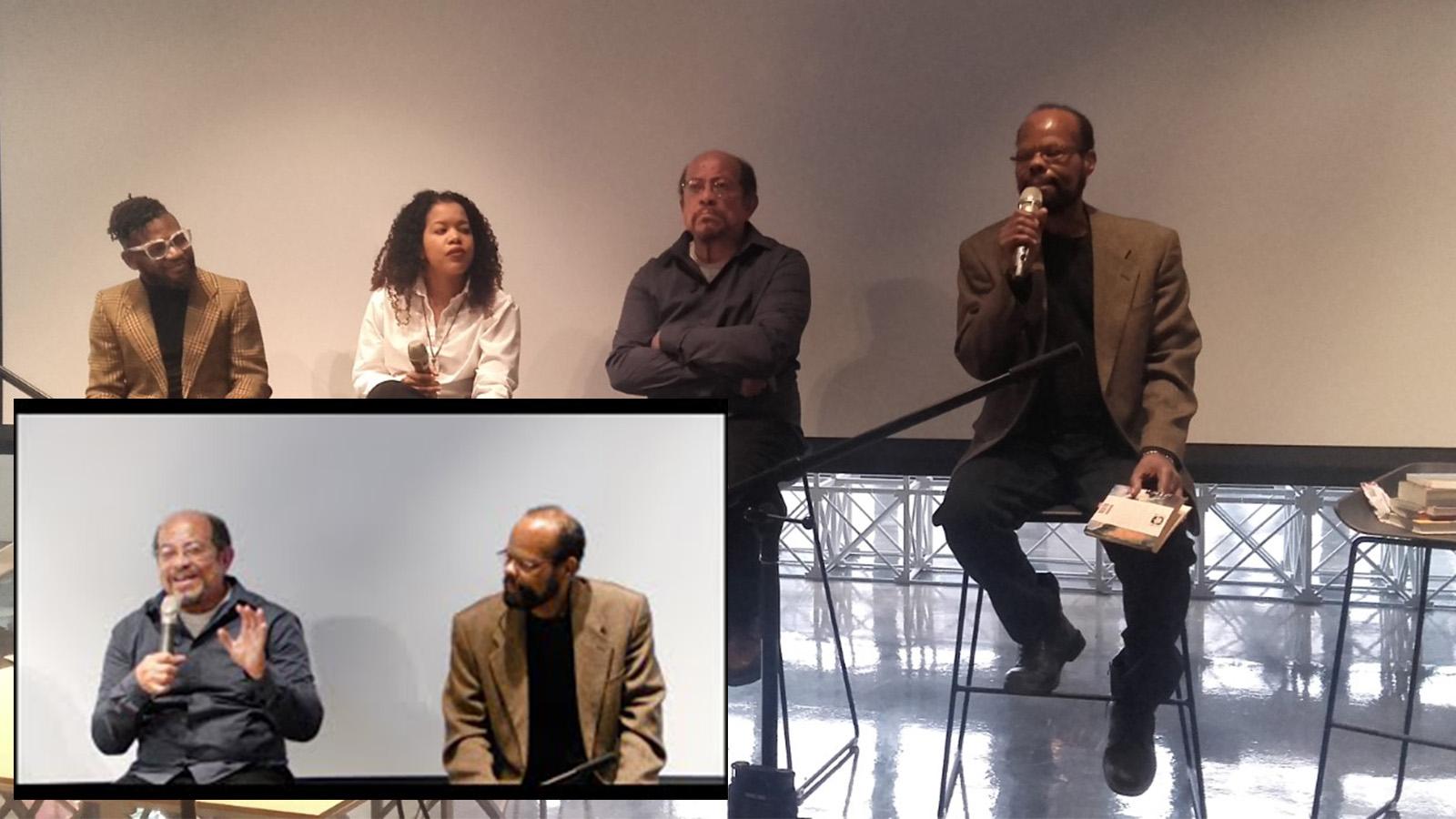
Colonial legacies of language persist in the present. There is often not enough dialogue across the different linguistic areas of the Caribbean Antilles, long divided by colonial languages. In some instances, these dialogues happen in diaspora. Montreal is one place where Caribbean voices from different places meet and reconfigure the two solitudes of Canada (English and French). This discussion is a transcribed version of the question-and-answer segment of a panel titled “Decolonizing Language across the English and French Caribbean,” held on 7 February 2019. The panel featured readings and discussions by Raphaël Confiant and H. Nigel Thomas. It was convened as part of the Protest and Pedagogy series of events held at Concordia University on the occasion of the fiftieth anniversary of the Sir George Williams University antiracism protest. With an ambitious two-week program, Protest and Pedagogy marked the duration of the student occupation of the university’s computer center.
Raphaël Confiant: The problem for the Caribbean writer is that we have to cope with a strange reality. We know that in Martinique, for example, we have the native population, the Carib; we have enslaved black peoples; and we have indentured laborers from India and China. But in everyday life, everything is French. It is schizophrenic. And the task of a writer is, in my opinion, to explain the problem that we live in. Some people don’t see a problem. They say, “We are French, with French nationality. We have no problem to travel to Canada or the USA. We have this European passport.” We tend to despise what we call the “poor islands,” the less privileged English- and Spanish-speaking islands. But the day France decides to leave Martinique and Guadeloupe, we will all starve because we do not produce anything.
After the decay of the plantation system, banana replaced sugarcane, but it doesn’t provide for a high standard of living. It’s a totally artificial economy. The task of the writer is to explain to people how we could imagine someday moving beyond this. France will never leave Martinique and Guadeloupe. France never leaves its colonies unless you wage a war against them.
H. Nigel Thomas: Let me begin by saying that Dominicans and St. Lucians are quite close to Martinique. They look longingly at Martinique and the standard of living there. Very often, I have heard both Martinicans and Guadeloupians say, “A quoi sert l’indépendance?” For the rest of the Caribbean, our challenge is that we have to borrow a lot of money from the International Monetary Fund and the World Bank. When we need a new school that is furnished with computers, we go begging to Canada or the European Union.
Let’s consider an example: a significant part of St. Vincent and the Grenadines’ economy is reliant upon remittances from immigrants abroad.1 If you can’t get past those economic challenges, it is difficult to have discussions about dignity. I was telling Raphaël earlier that in 2006, a bookstore in St. Vincent and the Grenadines took several of my books to sell. Last year when I was in St. Vincent, I discovered that most of those books were still in the store. People simply do not have the discretionary income to spend on books. That’s the reality.
Independence is wonderful. We sing our national anthem. (I don’t sing it, because I don’t believe in geographical divisions.) We do have CXC [Caribbean Examination Council] as our examination system. We have a great deal of independence where that is concerned and read the greats of Caribbean literature like [George] Lamming and [Earl] Lovelace. In the curriculum, we stress our culture. The history taught is fundamentally a Caribbean history. These are the advantages of independence; however, they are overshadowed by our economic needs.
Audience Question: Raphaël, you talked about the identity of Martinicans as a psychological burden. How does one cope with such a schizophrenic situation on a daily basis without feeling a sense of belonging nowhere?
Raphaël: I have no answer. I’ll tell you why. Ten years ago, there was a referendum asking Martinicans if they wanted to become autonomous, not independent but autonomous. More than 75 percent voted against autonomy.2 I was so angry that I wrote in the newspaper that if you want to talk about black identity and history, you have to accept independence. You cannot accept all that France is giving you while talking about our African culture. You have to choose. I teach at the University of Martinique, and I have a lot of students who are for Black Power. I say, “Oh, Black Power? Are you in favor of independence, then?” And they say, “Independence? You mean we will not receive money from France? Ahh, we’ll think about it.” This is schizophrenic.
If you want to accept your history and become West Indian, then we have to cut links with France and refuse their money. At the beginning of each year, France allocates money for undeveloped regions of Europe. The amount is so large that by December we have to return money to Europe. And you know what the prime ministers of St. Vincent and St. Lucia say? “Look at these people. We have to beg Europe, but Europe gives the French Caribbean money they cannot even use.” When January comes, France give us back the money, and we spend only 30 to 40 percent of the funds. If you want to live your own identity, then we have to cut links with France. It doesn’t mean that we hate France.
Nigel: I said earlier that the one salient, valuable aspect of our independence is that we are able to establish our own narratives and curriculum. We don’t quite suffer from the same historical problem. We’ve had historians who have done a good job in terms of creating history. We’ve kept the oral tradition alive. I would say that, culturally speaking, we are somewhat more emancipated. We are not in the same bind as Martinique. In reading Raphaël’s books, I see the urgent obsessions—for example, when black Martinicans have their children learn French so well because that’s the only way they will acquire some sort of respectability in society. Now, that used to be true when I was a boy. I don’t think it is true today.
Audience Question: In terms of decolonization, I feel that part of the project is how you retrieve [Aimé] Césaire. The idea of Césaire’s encounter with the two exteriorities—Africa and Europe—is compelling. I started to think that if Césaire’s rebirth is Martinique, then could we make the claim that Césaire is offering a new historical indigeneity for Martinicans? Given that these are two extremities that coalesce in Negritude, would you say that we could think of Negritude as a dialectic?
Raphaël: It is very hard to talk about Césaire. I have written the only Creole book about Césaire. He is symbolic of the schizophrenic Martinican because he is very French. There is a poet, [André] Breton, who helped create surrealism. You know what he wrote? “Césaire, magnetic and Black, living in Martinique, writing French as no French person is able to write.”3 We academics read Césaire’s texts with a dictionary. Even when we have a dictionary, the poetry is rather difficult. Now imagine the people. They voted for him. He was mayor of Fort-de-France, the capital of Martinique, for forty-five years, but most people didn’t read or understand his books. They know only one word: Negritude. But is Negritude the best definition of Martinique’s cultural identity? No. At this moment in our history, we need someone to say, Our ancestors were mostly black from Africa; we have to respect Africa and protect the African elements in our creole culture, in music, religion, and so on.
Césaire is not a French-speaking Marcus Garvey. He never wrote that Martinicans should go back to Africa. He wanted African elements recognized on the island, but he never understood the creolization processes. For instance, he despised the Creole language. He said Creole was a language without vocabulary, a language that you cannot use to think about intellectual things.4 That’s horrifying! He created the Negritude movement, as you say, in a dialectic moment. We needed a person, a literary movement to come and tell us that “Africa is fundamental.” But we are not Africans. We are Caribbean. We are Americans. And we have to cope with a different reality from Africa.
Césaire never traveled substantially in Africa. He went twice to Senegal because his fellow poet Léopold Sédar Senghor was president, but he never tried to promote African culture in Martinique except for dancing, and we have a big festival in August where troupes come from Senegal. When I met him, I said, “Why don’t you create a school where we could learn Swahili?” He asked me, “But what for?” I said, “If you don’t speak an African language, how can you call yourself African?” But I met him when he was in his nineties. I had written that book, and all his people wanted to silence me.5 One day Césaire called me and said, “Nobody has ever criticized me, but you have earned the right, so come see me.” I went to his office. We discussed Martinican identity, and I realized that he was extremely French intellectually and extremely African imaginatively. Césaire never visited Guadeloupe or Cuba. He only went to Haiti because [Charles] de Gaulle asked him to facilitate relations between France and Haiti. He was never interested in the West Indies nor the Americas. His mind was in France and Africa.
Nigel: Raphaël, did you write your thesis on créolité as a response to Césaire?
Raphaël: Yes.
Audience Question: Raphaël, I was very surprised that you said that you wouldn’t write in Creole, because you wrote five novels in Creole.
Raphaël: But I had to publish them myself. One day I said, “I don’t want to go on writing in a language that nobody reads.” At that time, we didn’t have a BA or an MA in Creole. Nowadays, I have readers. At that time, it was crazy to write in a language that nobody read. Each time I published a book, I would go to my mother and say, “This is my book.” And she would say, “Ok, thank you.” The day I published my first book in French, I said to her, “This is my first book in French,” and she said, “At last you are a writer!” She thought it was a compliment. I realized that she didn’t consider the five books I wrote in Creole as real writing.
Audience Question: Nigel, I wonder when you hear Raphaël Confiant saying that the English and Spanish West Indies don’t have a real Creole, how do you react?
Nigel: I don’t think Jamaicans would agree with you, Raphaël. Actually, you have done some translations of Jamaican Creole. I think Jamaican can stand on its own as a language, and there is the poetry. Linton Kwesi Johnson has created literature through that language. As you know, without literature, you can’t nourish the language.
Raphaël: I don’t agree with you. When a Martinican comes to Québec, it is difficult to understand Québécois. Is the French spoken here a different language? No. When people from Québec speak to me, I understand them, but when they speak among themselves, I do not. Would I say that it is a different language? Inter-comprehension is not the proof that it is a different language. What I want to say is that the consciousness of having a different language is stronger in the French territories. For instance, in Haiti you have two national languages in the constitution, French and Creole. In Martinique and Guadeloupe, we have a BA and an MA in Creole studies in the universities. Do you have that in English- or Spanish-speaking countries?
Nigel: You can afford to have a BA and an MA in Creole studies simply because you have the resources to pay for those programs. That is the huge difference between Martinique and Jamaica.
Audience Question: I’m from Martinique; lived there fourteen years. The thing we took from the French is that we like to complain. I was wondering what solutions you could bring us, the Martinican and Guadeloupian youth, to push us further without us having to be French? Can we have solutions?
Raphaël: First of all, you have to recognize that we are French because Césaire, who was deputy at the French National Assembly, was the one responsible for this blow which transformed our territories into French overseas departments. So the problems go back to the 1940s. What can we do? The president of our regional council is also the president of the Martinican independence movement, but nothing has changed. How can you change a situation when you have the highest standard of living in the Caribbean? Most countries became independent because they were exploited. We have hospitals, supermarkets, highways—we have everything. We have the same laws as France. And as public servants working for the administration, our salaries are 40 percent higher than those of our colleagues in France. A university teacher in France earns 40 percent less than me. We are so small that we are nothing for France. We depend on Europe as our biggest economic market. We are trapped. The general strike in Guadeloupe, which took place in 2009, lasted one month.6 They never asked for independence. They asked for better wages, material things, but not independence. So I have no answer to your question, unfortunately.
Audience Question: Just to make a comment about that question for Raphaël. I don’t believe young people are ready to hear that we are trapped and there is nothing we can do or there is no solution to offer. Nigel, you said you don’t believe in geographical frontiers, therefore [you] go beyond [those] in your thinking. Youth aspires toward the future. So we have to dare to think of a future where we are able to go beyond the frontiers of our minds. This is just to tell you that we cannot rest on the fact that we are trapped. If independence as a term has lost its meaning, it is because the state and the nation as we have been used to thinking about them are also disappearing.
Raphaël: I will answer this criticism briefly. There will be one solution: the federation of the West Indies existed! And what destroyed the federation? Micronationalisms. Even in Martinique and Guadeloupe, we are fighting. The first solution would be the federation, not of English-speaking countries but of the whole region. Look at Indonesia. They have many more islands than the archipelago of the Caribbean; they speak different languages but form one country. So you have small states that are proud of sharing a national anthem and a passport. The only solution for us would be federation from Cuba to Trinidad! It’s a dream, of course. We cannot even cooperate amongst French-speaking peoples. Imagine trying to cooperate with English-, Dutch-, and Spanish-speaking peoples too.
Nigel: I gave a speech to that effect in Puerto Rico in 2016, saying something similar. Look—we don’t even have a ferry that connects the islands. Can you believe that? For us to survive as people with dignity, we need a federation. There are leaders in the Caribbean, the prime minister of St. Vincent, for example, who have expressed the view that Caribbean salvation will come from federation. Unfortunately, he and his colleagues are not the ones ready to make the necessary adjustments for that to take place.
Raphaël Confiant has been at the forefront of the créolité movement since the 1970s. A writer recognized in both Creole and French, he is presently a full professor in the Department of Creole Literature at the Université des Antilles in Martinique. His first novel in French, Le nègre et l’amiral (Grasset, 1988), won the Prix Antigone. It was followed by Eloge de la créolité (In Praise of Creoleness) (Gallimard, 1989), written in collaboration with Martinican novelists Jean Bernabé and Patrick Chamoiseau in 1989 and which introduced the concept of creoleness as a way to reclaim the specificities of language, heritage, and identity in the French Overseas Departments. His Eau de café (Grasset, 1991), for which he won the Prix Novembre, was followed by Ravines du devant-jour (Gallimard, 1993) and L’allée des soupirs (Grasset, 1994), which were awarded the Casa de las Americas Prize and the Prix Carbet de la Caraibe, respectively. His most recent novel is L’enlèvement du mardi-gras (Écriture, 2019).
H. Nigel Thomas was born in St. Vincent and the Grenadines and moved to Montreal in 1968. From 1976 to 1988 he was a teacher with the Protestant School Board of Greater Montreal, and from 1988 to 2006 a professor at Université Laval. He is the author of several essays in literary criticism and eleven books: the novels Spirits in the Dark (1987), Return to Arcadia (2007), No Safeguards (2015), Behind the Face of Winter (2017) (in French as De glace et d’ombre), and Fate’s Instruments (2018); the short fiction collections How Loud Can the Village Cock Crow, and Other Stories (1995), Lives: Whole and Otherwise (2012) (in French as Des vies cassées, finalist for the 2016 Prix Carbet des lycéens), and When the Bottom Falls Out, and Other Stories (2014); and the literary criticism From Folklore to Fiction: A Study of Folk Heroes and Rituals in the Black American Novel (1988) and Why We Write: Conversations with African Canadian Poets and Novelists (2016). In 1994 and 2015 he was nominated for the Hugh MacLennan Fiction Prize. In 2000 he received the Jackie Robinson Award for Professional of the Year from the Montreal Black Business and Professional Association and in 2013 received the Université Laval’s Hommage aux créateurs. He is the founder of Lectures Logos Readings and is its English-language coordinator.
1. According to the World Bank, in 2018 personal remittances sent to St. Vincent and the Grenadines accounted for 5 percent of the gross domestic product.
2. See News Wires, “French Guiana, Martinique Vote Against More Autonomy,” France 24, 10 January 2010, https://www.france24.com/en/20100111-french-guiana-martinique-vote-against-more-autonomy.
3. Confiant is paraphrasing and combining several of Breton’s statements about Césaire. In “Prolégomènes à un traisième manifeste du surréalism ou non” / “Prolegomena to a Third Manifesto of Surrealism or Else,” VVV, no. 1 (June 1942): 18–26, Breton wrote, “My friend Aimé Césaire, magnetic and black, who having broken with all old tags, Eluardian and others, writes the poems we need today, in Martinique” (20); and in his 1941 “Un grande poète noir,” used as the preface to the 1947 edition of Cesaire’s Cahier d’un retour au pays natal, Breton wrote, “And it is a black who handles the French language in a manner no white man is capable of today” (Notebook of a Return to the Native Land, trans. Clayton Eshleman and Annette Smith [Middletown, CT: Wesleyan University Press, 2001]).
4. See, for example, Jacqueline Leiner, “Entretien avec A.C.,” in Aimé Césaire and René Ménil, eds., “Tropiques”: 1941–1945; collection complète (Paris: Jean-Michel Place, 1978).
5. Raphaël Confiant, Aimé Césaire: Une traversée paradoxale du siècle (Paris: Écriture, 2006).
6. In 1967, Guadeloupians advocating for independence were arrested. In 2009, general strikes swept across Guadeloupe and Martinique. These were not cries for independence but rather protests against economic conditions, following the 2008 global financial crisis. Similarly, a general strike in French Guiana in 2017 was also a protest against poverty.
- Se connecter ou s'inscrire pour publier un commentaire
- 275 vues
Connexion utilisateur
Dans la même rubrique
Top 5 des articles
Aujourd'hui :
- Le suicide de Marny vu par Raphael Confiant, écrivain martiniquais et par Ernest Pépin, écrivain guadeloupéen
- Créolité, créolitude et créolophonie dans la Caraïbe. Apport de l’Éloge de la créolité
- La "mémoire éclatée" de Raphaël Confiant, entre langue, écriture et traduction
- Raphaël Confiant : « La majorité des Antillais a fait la guerre d’Algérie sans état d’âme »
- KIM DAE-JUNG : DISPARITION D’UN JUSTE
Depuis toujours :
- Le grand livre des proverbes créoles
- Les stupéfiantes facultés divinatoires de Concept Lapierre, voyant du Morne-des-Esses
- LA DIFFERENCE CONCEPTUELLE ENTRE LA NEGRITUDE, L'ANTILLIANITE ET LA CREOLITE
- Raphaël Confiant
- Césaire fut "anté-créole" et pas "anti-créole"
Visiteurs
- Visites : 1238591
- Visiteurs : 90106
- Utilisateurs inscrits : 48
- Articles publiés : 309
- Votre IP : 216.73.216.105
- Depuis : 09/05/2022 - 19:37
